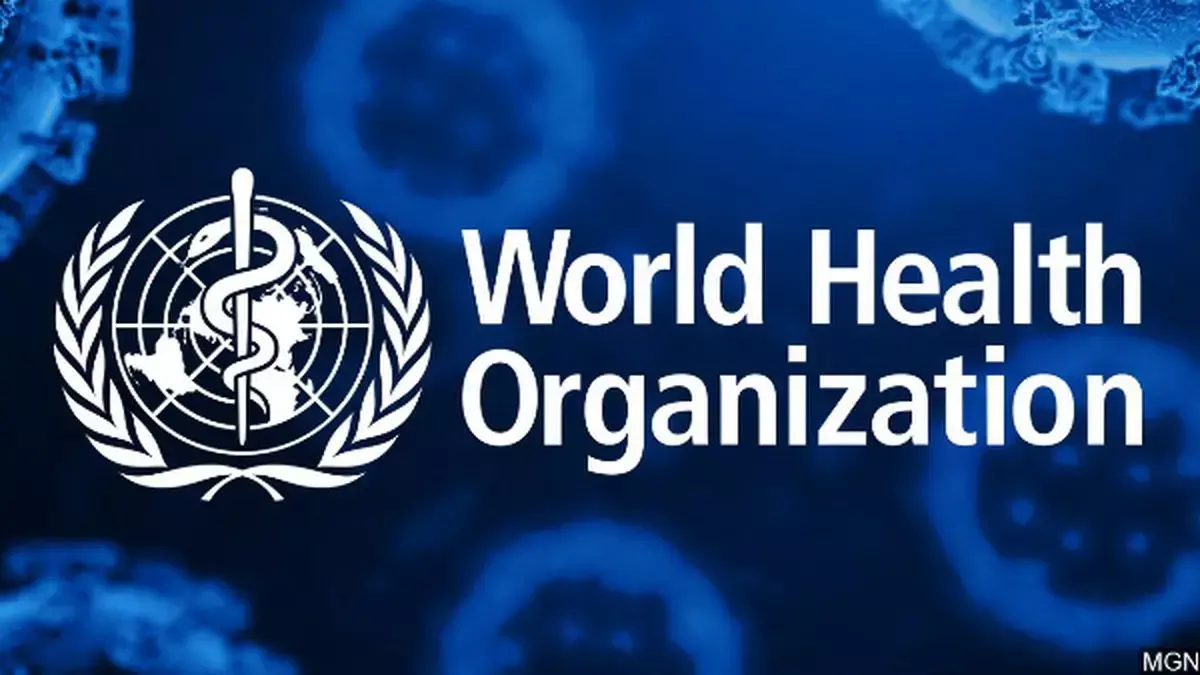- Home
- Medical news & Guidelines
- Anesthesiology
- Cardiology and CTVS
- Critical Care
- Dentistry
- Dermatology
- Diabetes and Endocrinology
- ENT
- Gastroenterology
- Medicine
- Nephrology
- Neurology
- Obstretics-Gynaecology
- Oncology
- Ophthalmology
- Orthopaedics
- Pediatrics-Neonatology
- Psychiatry
- Pulmonology
- Radiology
- Surgery
- Urology
- Laboratory Medicine
- Diet
- Nursing
- Paramedical
- Physiotherapy
- Health news
- Fact Check
- Bone Health Fact Check
- Brain Health Fact Check
- Cancer Related Fact Check
- Child Care Fact Check
- Dental and oral health fact check
- Diabetes and metabolic health fact check
- Diet and Nutrition Fact Check
- Eye and ENT Care Fact Check
- Fitness fact check
- Gut health fact check
- Heart health fact check
- Kidney health fact check
- Medical education fact check
- Men's health fact check
- Respiratory fact check
- Skin and hair care fact check
- Vaccine and Immunization fact check
- Women's health fact check
- AYUSH
- State News
- Andaman and Nicobar Islands
- Andhra Pradesh
- Arunachal Pradesh
- Assam
- Bihar
- Chandigarh
- Chattisgarh
- Dadra and Nagar Haveli
- Daman and Diu
- Delhi
- Goa
- Gujarat
- Haryana
- Himachal Pradesh
- Jammu & Kashmir
- Jharkhand
- Karnataka
- Kerala
- Ladakh
- Lakshadweep
- Madhya Pradesh
- Maharashtra
- Manipur
- Meghalaya
- Mizoram
- Nagaland
- Odisha
- Puducherry
- Punjab
- Rajasthan
- Sikkim
- Tamil Nadu
- Telangana
- Tripura
- Uttar Pradesh
- Uttrakhand
- West Bengal
- Medical Education
- Industry
WHO okays antibody treatment for high risk COVID-19 patients: BMJ

WHO Guideline Development Group (GDG) panel of international experts and patients has recommended a treatment combining two antibodies (casirivimab and imdevimab) for two specific groups of patient0s with covid-19 namely high risk of hospital admission and for severely ill patients who have no natural antibodies to covid-19.
The guideline has been published in The BMJ today.
The first recommendation is based on new evidence from three trials that have not yet been peer reviewed, but show that casirivimab and imdevimab probably reduce the risk of hospitalisation and duration of symptoms in those at highest risk of severe disease, such as unvaccinated, older, or immunosuppressed patients.
This second recommendation is based on data from the RECOVERY trial showing that casirivimab and imdevimab probably reduce deaths (ranging from 49 fewer per 1,000 in the severely ill to 87 fewer in the critically ill) and the need for mechanical ventilation in seronegative patients.
For all other covid-19 patients, any benefits of this antibody treatment are unlikely to be meaningful.
Casirivimab and imdevimab are monoclonal antibodies that when used together bind to the SARS-CoV-2 spike protein, neutralising the virus's ability to infect cells.
The recommendations are part of a living guideline, developed by the World Health Organization with the methodological support of MAGIC Evidence Ecosystem Foundation, to provide up to date, trustworthy guidance on the management of covid-19 and help doctors make better decisions with their patients.
They also recognise the possibility that new variants may emerge in which casirivimab and imdevimab antibodies may have reduced effect.
However, they say given the demonstrated benefits for patients, "the recommendations should provide a stimulus to engage all possible mechanisms to improve global access to the intervention and associated testing."
Today's guidance adds to previous recommendations for the use of interleukin-6 receptor blockers and systemic corticosteroids for patients with severe or critical covid-19; and against the use of ivermectin and hydroxychloroquine in patients with covid-19 regardless of disease severity.
Public link once embargo lifts: https://www.bmj.com/content/
Dr Kartikeya Kohli is an Internal Medicine Consultant at Sitaram Bhartia Hospital in Delhi with super speciality training in Nephrology. He has worked with various eminent hospitals like Indraprastha Apollo Hospital, Sir Gangaram Hospital. He holds an MBBS from Kasturba Medical College Manipal, DNB Internal Medicine, Post Graduate Diploma in Clinical Research and Business Development, Fellow DNB Nephrology, MRCP and ECFMG Certification. He has been closely associated with India Medical Association South Delhi Branch and Delhi Medical Association and has been organising continuing medical education programs on their behalf from time to time. Further he has been contributing medical articles for their newsletters as well. He is also associated with electronic media and TV for conduction and presentation of health programs. He has been associated with Medical Dialogues for last 3 years and contributing articles on regular basis.
Dr Kamal Kant Kohli-MBBS, DTCD- a chest specialist with more than 30 years of practice and a flair for writing clinical articles, Dr Kamal Kant Kohli joined Medical Dialogues as a Chief Editor of Medical News. Besides writing articles, as an editor, he proofreads and verifies all the medical content published on Medical Dialogues including those coming from journals, studies,medical conferences,guidelines etc. Email: drkohli@medicaldialogues.in. Contact no. 011-43720751


